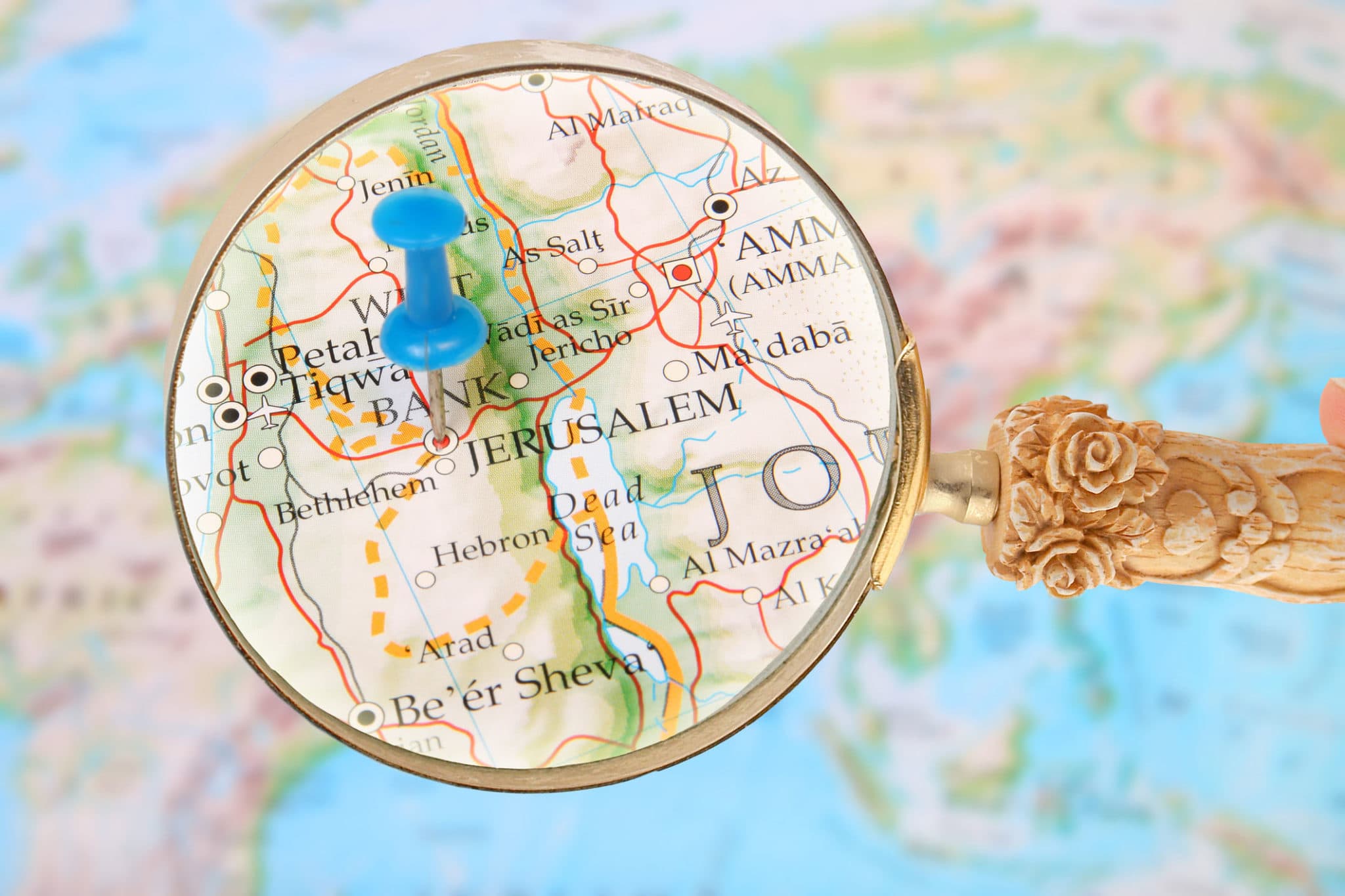 gvictoria/Getty Images
gvictoria/Getty Images I received a note recently that the Book Club at East Side Jews was beginning a study of “The Hundred Years War on Palestine: A History of Settler Colonialism and Resistance, 1917—2017,” by Rashid Khalidi.
I wondered: Why would a Jewish group study a book written by a Palestinian who clearly takes the Palestinian side? Why would any group, for that matter, be interested in a book that plays up only one side of a long and complicated conflict?
It’s not as if they didn’t have an alternative. Yossi Klein Halevi’s “Letters to a Palestinian Neighbor,” for example, is a masterful effort to honor the divergent narratives of two peoples struggling for the same land. Halevi’s book doesn’t make you comfortable. It makes you think; it forces you to see both sides.
Khalidi’s book, by comparison, compels you to see only one side. It is a sophisticated yet predictable screed written by a Palestinian scholar with an obvious agenda.
But don’t take my word for it. In an incisive critique in the Jewish Review of Books, historian Benny Morris exposed the numerous distortions and biases in Khalidi’s book. I won’t list all of them here, but I’ll highlight what Morris considers the key flaw in the book—an attempt to force a progressive “colonialist” narrative on a nationalistic conflict.
“Khalidi’s bottom line,” Morris writes, “is that Zionism is a ‘colonialist’ enterprise, a doctrine enunciated in the Palestine National Charter of 1964. From this original sin stem all the evils of Zionism and all Palestinian suffering.”
But is Zionism a colonialist enterprise? Far from it.
“Colonialism is commonly defined as the policy and practice of an imperial power acquiring political control over another country, settling it with its sons, and exploiting it economically,” Morris writes.
By any objective standard, Zionism fails to fit this definition. As Morris explains:
“Zionism was a movement of desperate, idealistic Jews from Eastern and Central Europe bent on immigrating to a country that had once been populated and ruled by Jews, not ‘another’ country, and regaining sovereignty over it. The settlers were not the sons of an imperial power, and the settlement enterprise was never designed to politically or strategically serve an imperial mother country or economically exploit it on behalf of any empire.”
Morris goes on at length to debunk Khalidi’s central claim, which is featured prominently in the book’s title: “History of Settler Colonialism and Resistance, 1917–2017.” He even quotes Khalidi’s great-great-great-uncle Yusuf Diya al-Din Pasha al-Khalidi, a one-time mayor of Jerusalem and member of the Ottoman Parliament, who back on March 1, 1899 wrote to the founder of political Zionism, Theodor Herzl: “Who could contest the rights of the Jews in Palestine? My God, historically it is your country.”
To drive home his definition of Zionism as colonialism, Khalidi had to conveniently ignore crucial parts of Israel’s history. Did he realize how far he went to nullify Zionism’s national aspirations?
“At one point early on in the book,” Morris notes, “Khalidi grudgingly concedes that ‘there is no reason that what has happened in Palestine for over a century cannot be understood as both a colonial and a national conflict.’ But then he goes on to say that ‘our concern here is [with] its colonial nature’ and thereafter inundates the reader with rhetoric and ‘facts’ that point only to the ‘colonial’ nature of the Zionist-Arab conflict, driving from the reader’s mind any inkling that Zionism is a national movement and that the struggle has always been between two national movements, each with—as I see it—a rightful claim to the land.
“Indeed, Khalidi explicitly tells us that this is not a struggle between ‘two rights.’”
My point here is not to “prove” the Palestinian bias in Khalidi’s book. That is clear enough, as is the danger of perpetuating biases that keep us further and further away from reconciliation and conflict resolution. My point is that it’s a lot more interesting and useful to study the different sides of a conflict, especially one as complex and intractable as the Israel-Palestinian conflict.
The readers of Khalidi’s book will get little of that complexity. That’s a shame, because regardless of where one sits politically, appreciating complexity is a fundamental Jewish value.
Maybe once they finish Khalidi’s book, East Side Jews will feature a book on the conflict with more than one side.






















 More news and opinions than at a Shabbat dinner, right in your inbox.
More news and opinions than at a Shabbat dinner, right in your inbox.